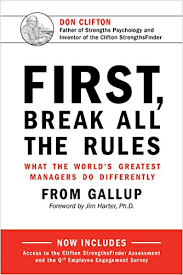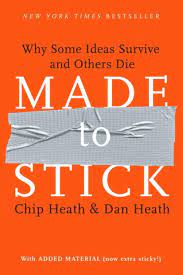What has made democracy in America work despite its drawbacks?
One weakness Alexis de Tocqueville noted in his classic Democracy in America sounds all too familiar today. In the 1830s he saw that the most noble and qualified people were seldom elected. Instead those who won office often bowed to the lower impulses of the electorate rather than courageously doing what was right in the face of public opinion.
 Another problem he spotted is also eerily familiar. Elected officials regularly offered simplistic answers which cannot hold in the face of complex problems. “An idea that is clear and precise even though false,” Tocqueville observed, “will always have greater power in the world than an idea that is true and complex” (p. 194). That is so whether the ideas come from the right or the left.
Another problem he spotted is also eerily familiar. Elected officials regularly offered simplistic answers which cannot hold in the face of complex problems. “An idea that is clear and precise even though false,” Tocqueville observed, “will always have greater power in the world than an idea that is true and complex” (p. 194). That is so whether the ideas come from the right or the left.
Why then, he wondered, did democracy still work in America? One reason he gave is geography. The country was so vast and open while the government was so small that it could not easily involve itself with the citizenry. In addition there is so much cultivatable land that the average citizen could prosper, adding stability to the country and the government.
A second reason was the Constitution with its brilliant collection of checks and balances (discussed in a previous post here).
Third were the country’s mores. Mores is a squishy term, but Robert Tracy McKenzie in his own exceptional book, We the Fallen People helpfully summarizes it and Tocqueville as a whole. Mores are “the common beliefs and values that shaped the ways that whites in Jacksonian America interacted with each other and their government” (p. 228).
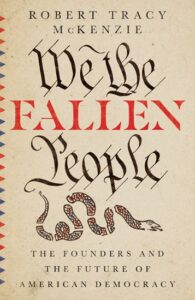 Tocqueville labeled one such key belief as “self-interest, properly understood” united with Christian ideals. “The first trained them to believe that their short-term desires could betray their long-term self-interest. The second [Christian ideals] warned them that what they had the power to do was not always morally proper to do.
Tocqueville labeled one such key belief as “self-interest, properly understood” united with Christian ideals. “The first trained them to believe that their short-term desires could betray their long-term self-interest. The second [Christian ideals] warned them that what they had the power to do was not always morally proper to do.
“What unified these seemingly disparate dispositions is that they both inculcated what Tocqueville calls ‘habits of restraint.’ In essence, both their religious beliefs and their commitment to ‘self-interest, properly understood’ conditioned Americans to question the wisdom of their natural impulses. To the degree that they did so, they discouraged a supremely self-confident and all-powerful majority from becoming agents of tyranny” (p. 229).
Americans lived by “enlightened” self-interest. It’s a big question whether we still do so now. Not only do children today rarely exhibit the virtue of delayed gratification; adults have trouble as well. Credit card debt is just one case in point. Concern for our economic well-being now can overwhelm long-term considerations for the Social Security system, the national debt, the environment, the country’s infrastructure, immigration, and more.
The appeal of both long-term self-interest and religion have diminished in recent decades. In the next post in this series we will consider how religion might have a more beneficial role in society.
—
Image by Mustafa Kücük – v. Gruenewaldt from Pixabay
Disclosure: I received a complimentary copy of We the Fallen People from the Publisher. My opinions are my own.

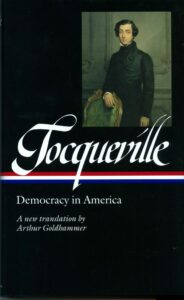 Alexis de Tocqueville’s classic
Alexis de Tocqueville’s classic  When we write, we want to answer the questions our audience has, not the questions we think they should have. But there is a balance because taking this approach can result in talking down to readers. Or the content can come off as one-dimensional because we are not writing what we are passionate about. As I say, it’s a balance.
When we write, we want to answer the questions our audience has, not the questions we think they should have. But there is a balance because taking this approach can result in talking down to readers. Or the content can come off as one-dimensional because we are not writing what we are passionate about. As I say, it’s a balance.
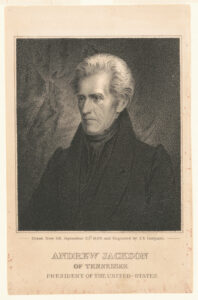 First, he “ran against Washington DC,” proclaiming himself the outsider who could fix a broken system. Second, he developed a populist strategy which many have followed (both liberals and conservatives) ever since.
First, he “ran against Washington DC,” proclaiming himself the outsider who could fix a broken system. Second, he developed a populist strategy which many have followed (both liberals and conservatives) ever since.  It may sound strange that they distrusted democracy, but it explains why originally the Constitution called for senators to be elected indirectly by the state legislators. It’s also why they didn’t want the President elected directly but through the Electoral College.
It may sound strange that they distrusted democracy, but it explains why originally the Constitution called for senators to be elected indirectly by the state legislators. It’s also why they didn’t want the President elected directly but through the Electoral College. So what did I do as his editor? I asked for no revisions whatsoever and published the book as it was. Why?
So what did I do as his editor? I asked for no revisions whatsoever and published the book as it was. Why?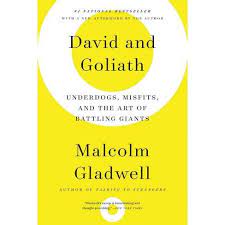
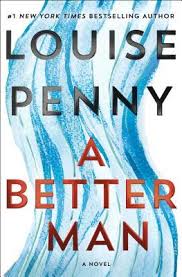
 But why does “We Three Kings” mix the minor-like Aeolian key with a chorus that is major? Is it to give the carol a Middle Eastern flavor in light of the magi coming from the east? Perhaps.
But why does “We Three Kings” mix the minor-like Aeolian key with a chorus that is major? Is it to give the carol a Middle Eastern flavor in light of the magi coming from the east? Perhaps. Once upon a time, publishers could successfully sell books of not-so-famous authors through the thousands of bookstores spread around the country. But with the rise of e-sales and the resulting demise of two-thirds of all brick-and-mortar book shops, publishers have had to rely more and more on authors to make a book known.
Once upon a time, publishers could successfully sell books of not-so-famous authors through the thousands of bookstores spread around the country. But with the rise of e-sales and the resulting demise of two-thirds of all brick-and-mortar book shops, publishers have had to rely more and more on authors to make a book known.